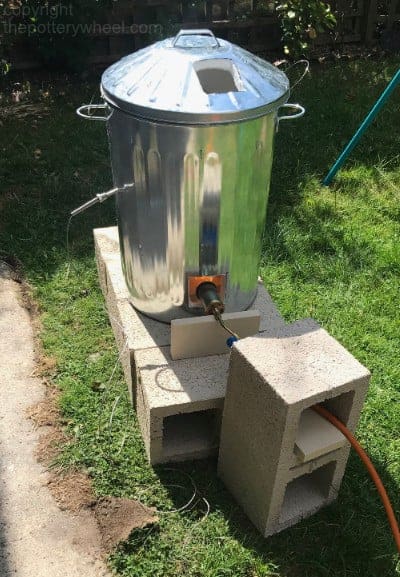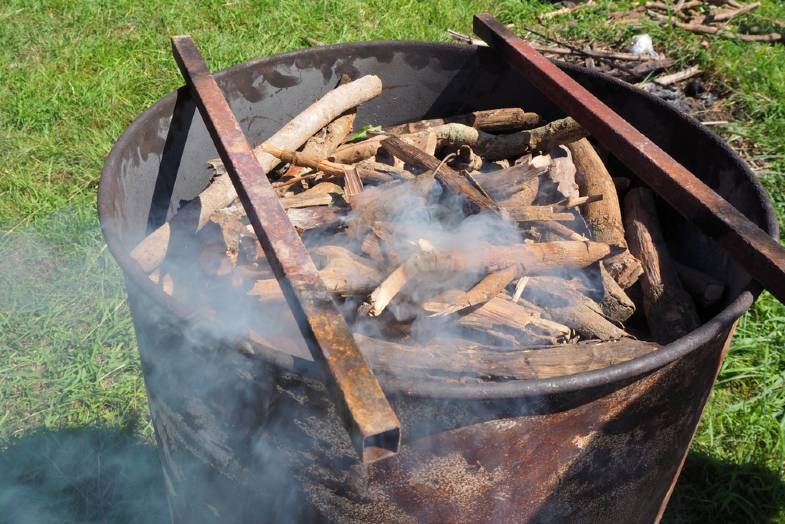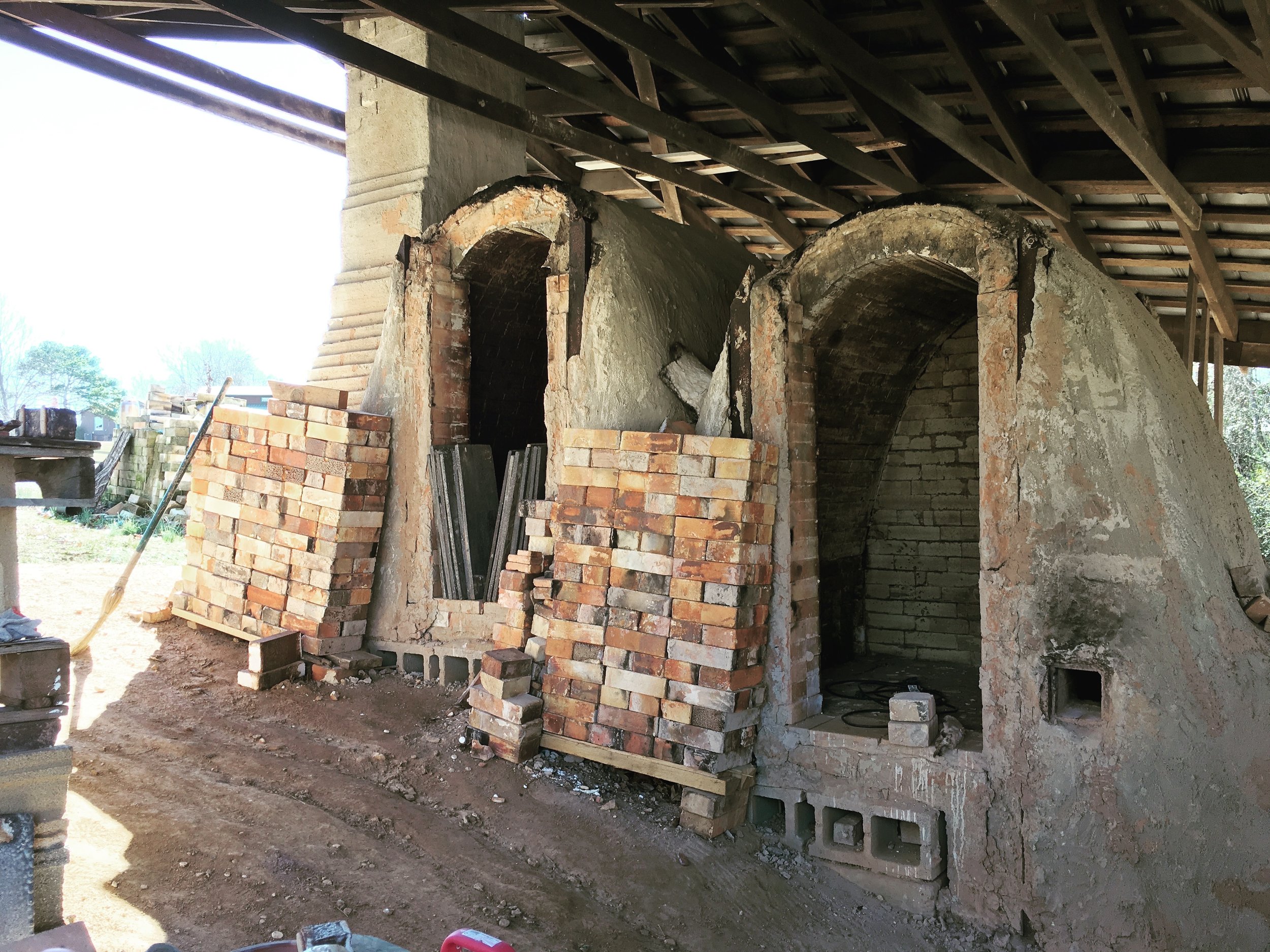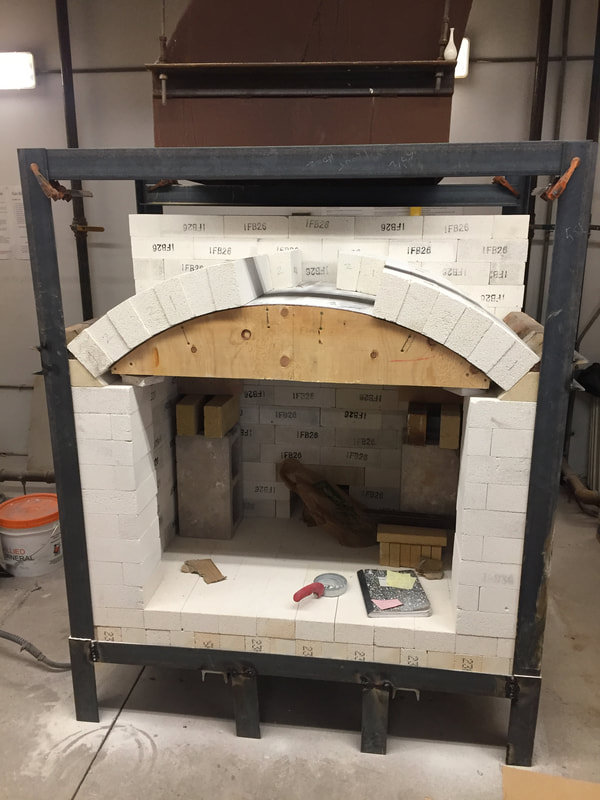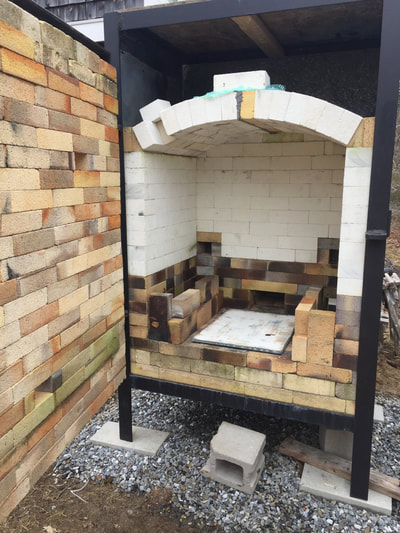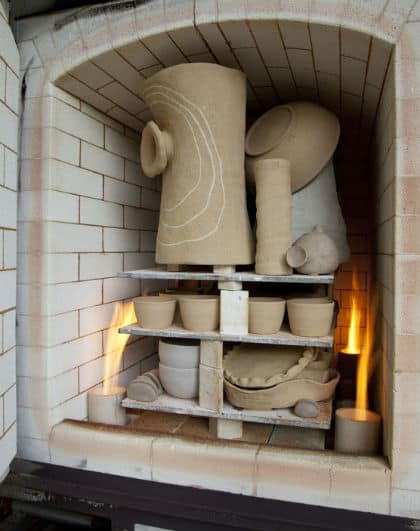Simple Tips About How To Build A Salt Kiln
/Credit-Flickr-Joshdeweese-59848fa9685fbe0011c148f1.jpg)
The option of high temperature.
How to build a salt kiln. The remaining panel is used as a lid to the kiln. The kiln is positioned on a brick base that is covered with an insulating layer of ceramic fiber. Our kiln is based on his design, with one modification—rather than wrap the kiln with insulation, we used the more traditional approach of using two layers of bricks to build the kiln’s walls.
Once the kiln is heated to 2,300 degrees (cone 9*), i begin putting. Next, you place each pot where you believe it will live in the kiln for the duration of. I started construction by making a level cement slab for the kiln to sit on.
During the salt glazing process pots are engulfed in a sea of sodium vapours and fire. The salt from the wood created vapors in the kiln that then reacted with the clay bodies when fired at a very high temperature. You can add a shelf into the kiln by sandwiching a metal grid halfway up the kiln.
The first firing of any kiln is a challenge, especially for me given it had been a few years since i had fired a gas kiln, let alone one that was untested and new. These kilns are specifically designed for the use of salt pots. A hole is cut in the ceramic fiber a couple of.
The salt kiln must be prepared for the firing, often involving repairs to the brick walls and arch and always extensive work preparing the refractory kiln shelves, shelf. To add the shelf, simply rest the grid across the brick walls. Then add the next layer of bricks on top of the grid.
When salt is added into the kiln at 2000 degrees, it is releasing the sodium which acts as a. This is about the process and the build of a small stationary salt kiln. With each piece you form three balls, spit on them, and adhere them to the bottom of each pot.








